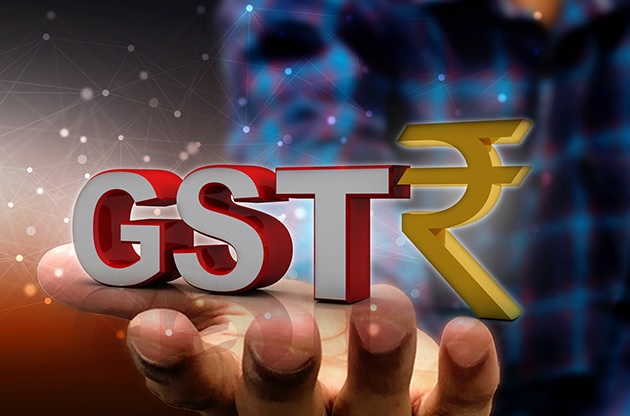GST e-invoicing: Companies with a turnover of more than five crore rupees will have to issue e-invoices from August 1. The rule of GST invoice is changing for companies with turnover of more than five crores.
Companies with a turnover of more than five crore rupees will have to issue electronic or e-invoice (challan) for B2B transactions from August 1. As of now, units with a turnover of Rs 10 crore or more have to generate e-invoices for B2B transactions.
The new rule will be applicable from August 1
According to a notification issued by the Ministry of Finance on May 10, the limit for generating e-invoices for B2B transactions has been reduced from Rs 10 crore to Rs 5 crore. This arrangement will be applicable from 1st August.
The scope of MSMEs will increase
Mahesh Jaisingh, Partner, Indirect Taxes – Leader, Deloitte India said that with this announcement the coverage of Micro, Small and Medium Enterprises (MSMEs) under e-invoicing will increase and they will need to implement e-invoicing. AMRG & Associates Senior Partner Rajat Mohan said the phased implementation of e-invoicing has reduced bottlenecks, improved compliance and increased revenue. E-invoicing was initially implemented for large companies with a turnover of more than Rs 500 crore and within three years this limit has now been reduced to Rs five crore.
Another rule will change regarding GST e-invoice
Last month in April, there was an update that companies with a turnover of Rs 100 crore and above will have to upload their electronic invoices (e-invoices) on the Invoice Registration Portal (IRP) within 7 days. This rule was to come into force from May 1, 2023, but at present it has been postponed and there is no further update on it.
Explain that within seven days of the issue of such an invoice, such companies will have to ‘upload’ it in electronic form on the IRP. Now companies put such invoices on the current date. It has nothing to do with the date of issue of the invoice. GSTN said that in order to ensure timely compliance, this category of taxpayers will not be allowed to ‘report’ invoices older than seven days.















